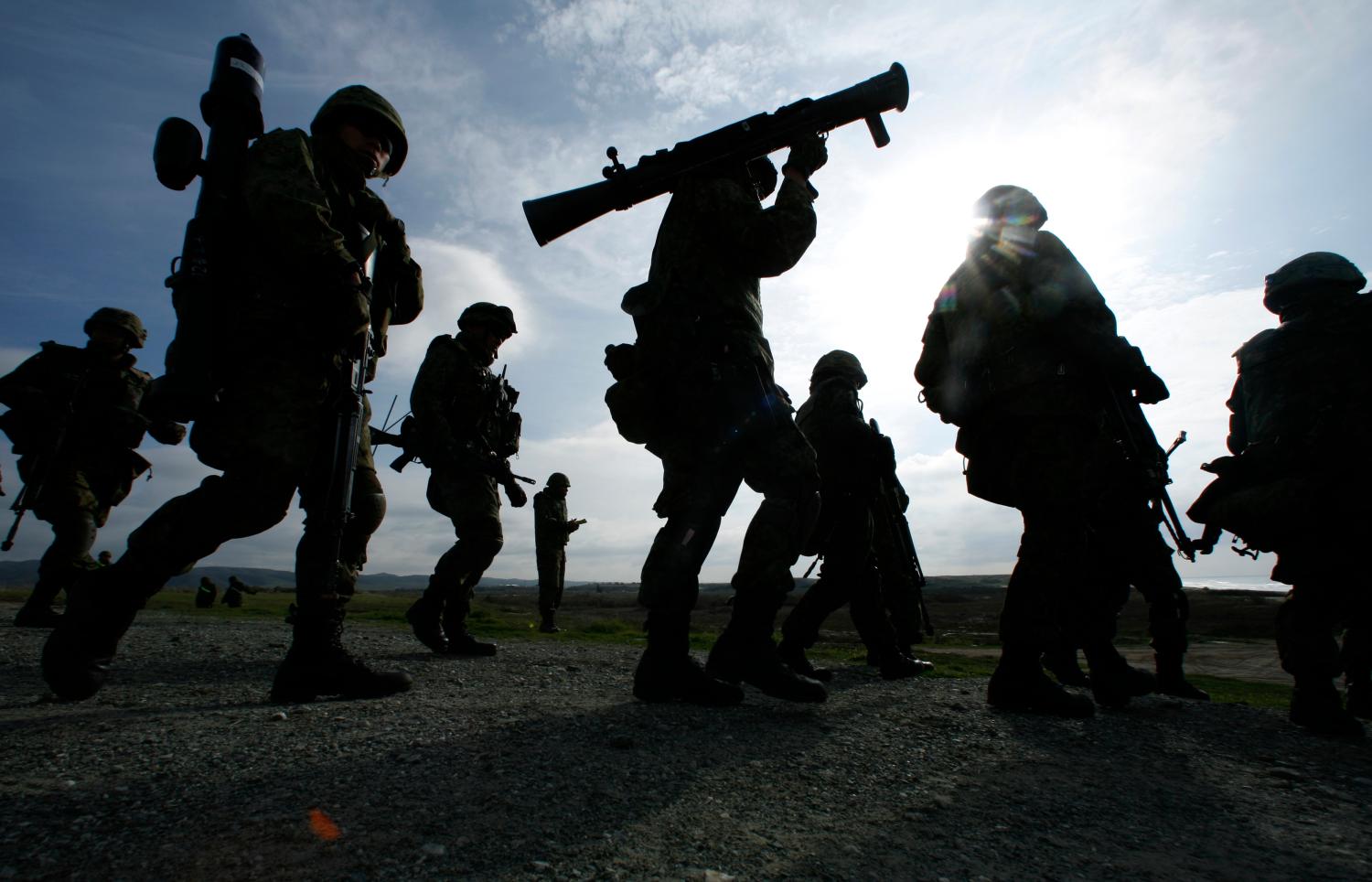ABSTRACT
The U.S.–Japan alliance today faces a rapidly changing security environment in Northeast Asia and a set of challenges that must be managed well to maintain regional stability. North Korea’s unrestrained missile and nuclear weapons programs mean that the alliance will eventually face a hostile regime that can strike its neighbors with nuclear weapons. A rising China, particularly with its increasingly capable military and uncertain regional aspirations, poses a special challenge. The U.S–Japan alliance should encourage positive behavior by China and engage constructively and cooperatively with Beijing. If Japan’s troubled relationship with South Korea fails to improve, it could benefit both North Korea and China. The United States will stand firmly by its Japanese ally, and there is every reason to believe that Washington and Tokyo can take their relationship to the next level. But Tokyo must stop undermining its past declarations on history and comfort women. Missteps in this sensitive area are sending the wrong message to Japan’s neighbors, exacerbating regional tensions, and harming Japan’s standing in the region and with the United States.
INTRODUCTION
As North Korea threatened nuclear attacks on the United States and promised to deliver ‘‘sledge-hammer blows’’ against South Korea recently, it also reminded Tokyo that Japan was in the ‘‘cross-hairs of [North Korea’s] revolutionary army’’ and that the ‘‘spark of war’’ might also ‘‘touch Japan first.’’ The North’s statements were a stark reminder of the threat that Pyongyang poses to Japan and the region beyond. They also underscored one of the main challenges confronting the U.S.–Japan alliance today as this important bilateral partnership works to defend Japan and preserve peace and stability in Northeast Asia.
The U.S.–Japan alliance, a critical pillar of regional stability and a central element of U.S. regional and global strategy, is operating today in a dynamically new environment. The regional security situation in Northeast Asia is at a critical inflection point. Power relationships among the region’s actors are changing and the U.S.–Japan alliance is facing a set of challenges, beginning with North Korea, that have major implications for the alliance itself and for regional stability. How the alliance responds to these challenges will shape the evolution of Northeast Asia’s security situation for decades to come.
As Pyongyang’s actions have reminded us, we are witnessing the unrestrained growth of North Korea’s nuclear weapons and missile programs. We are also facing the prospect that, in the not-too-distant future, we will confront a regime that will be able to strike its neighbors with nuclear-armed missiles—something that North Korea has stated that it intends to do. North Korea’s track record of proliferation will also pose new challenges as the regime expands and modernizes its nuclear and missile programs.
At the same time, the U.S.–Japan alliance also faces the uncertainty created by China’s rapid military modernization, the People’s Republic of China’s (PRC’s) strong assertion of its positions on territorial issues, its far-from-clear regional aspirations, and now the added dimension of Beijing’s cyberwarfare capabilities.
Meanwhile, problems in Japan–Republic of Korea (ROK) relations linger—a situation that detracts from collective ability to contend with key challenges, particularly the threat from North Korea.
Handling these challenges and other concerns will require the closest possible U.S.–Japan coordination in the months and years ahead. Japan’s prime minister, Shinzo Abe, and President Obama are committed to strengthening the alliance. During their February 22, 2013 summit in Washington, they forged a solid working relationship and reaffirmed the fundamental strength and direction of the alliance.
Based on the alliance’s sound foundations and shared values, there is every reason to believe that the United States and Japan are well-positioned to take their strategic, defense, diplomatic, and economic cooperation to a new level as they chart a course forward through these difficult times.




